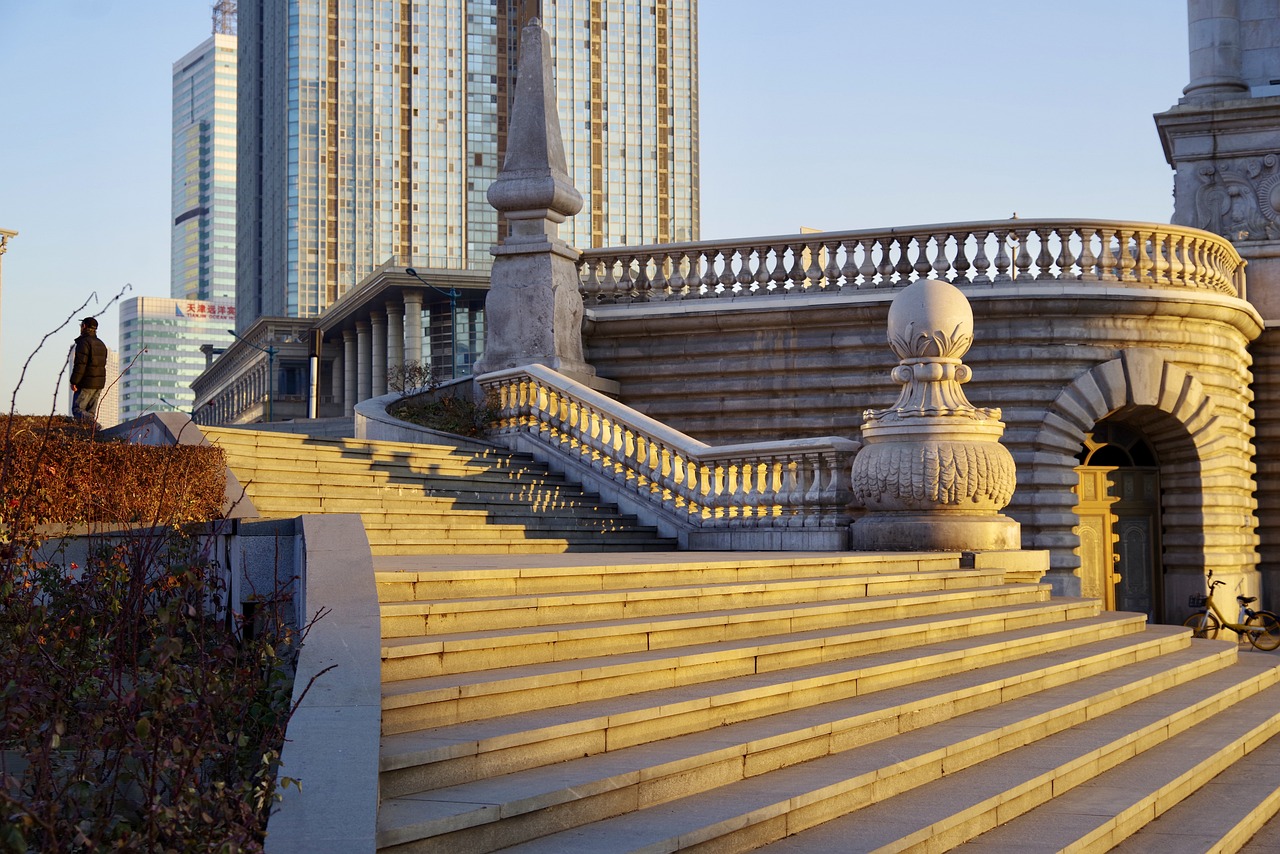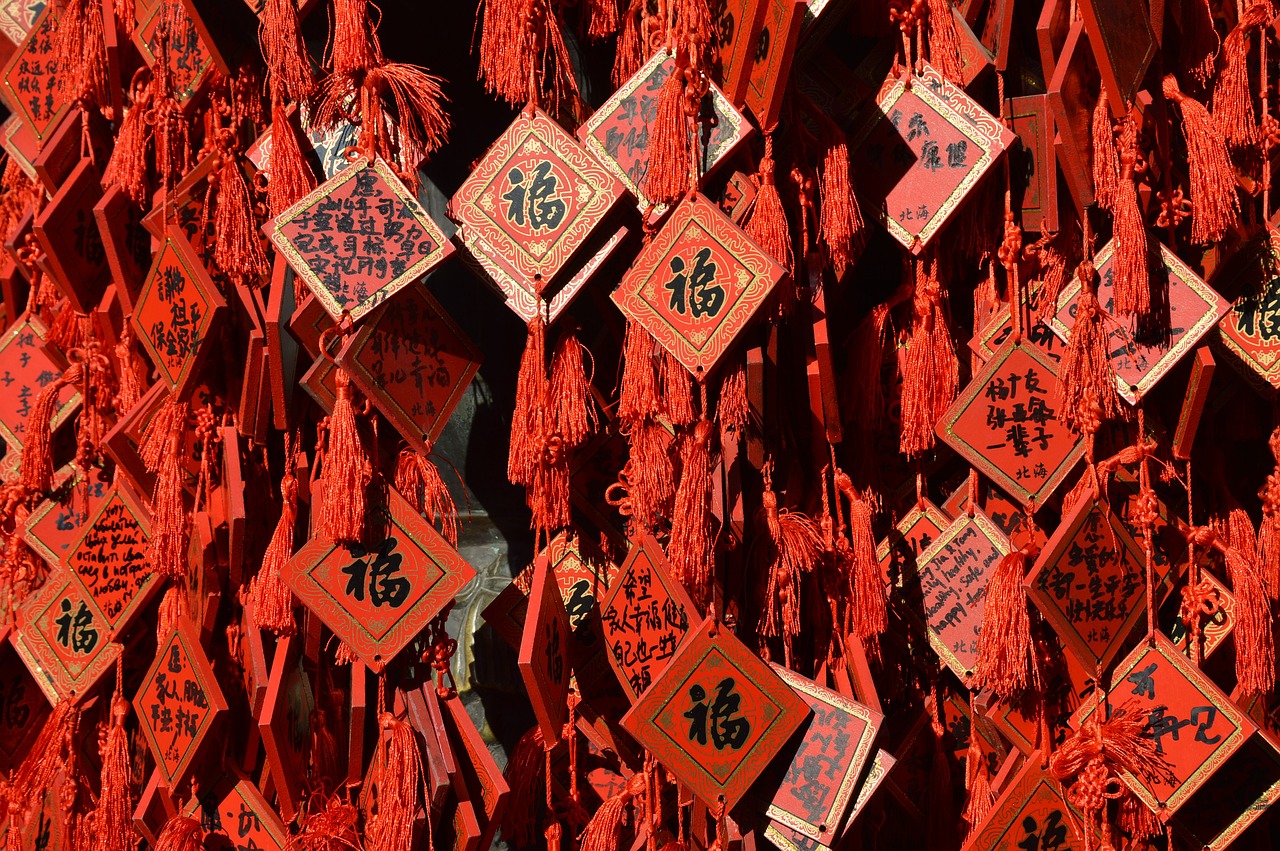Keeping Up with Health and Wellness in China
China is a vast country with a rich history and diverse culture. As one of the world’s leading nations, it is important to understand how to maintain health and wellness while living or traveling in China. This article will provide you with valuable information on various aspects of health and wellness in China, including traditional Chinese medicine, exercise and fitness, healthy eating, mental wellness, and more.
Traditional Chinese Medicine
Traditional Chinese Medicine (TCM) is a holistic approach to healthcare that has been practiced in China for thousands of years. It encompasses various practices such as acupuncture, herbal medicine, massage (Tui Na), and dietary therapy. TCM focuses on balancing the body’s energy (Qi) to promote overall health and well-being. Some key points about TCM include:
- Acupuncture: This practice involves the insertion of thin needles into specific points on the body to stimulate energy flow and treat various ailments.
- Herbal Medicine: Chinese herbs are used to address specific health concerns and promote healing.
- Tui Na: Tui Na is a form of Chinese therapeutic massage that helps relieve muscle tension, improve circulation, and promote relaxation.
- Dietary Therapy: TCM emphasizes the importance of eating a balanced diet according to individual needs and the principles of Yin and Yang.
Exercise and Fitness
Maintaining an active lifestyle is crucial for overall health and wellness, and China offers a wide range of options for exercise and fitness enthusiasts. Here are some popular activities and facilities in China:
- Martial Arts: China is the birthplace of various martial arts styles, such as Tai Chi, Kung Fu, and Qigong. These practices promote physical fitness, mental focus, and balance.
- Parks and Outdoor Spaces: Many cities in China have beautiful parks and outdoor spaces where people can engage in activities like jogging, cycling, or practicing Tai Chi.
- Fitness Centers: Urban areas in China are filled with modern fitness centers equipped with state-of-the-art facilities and a variety of exercise classes.
- Sports Clubs: China has a strong sports culture, and joining a sports club allows individuals to participate in activities such as swimming, tennis, basketball, and more.
Healthy Eating
Chinese cuisine is known for its diverse flavors and emphasis on fresh ingredients. To maintain a healthy diet in China, consider the following tips:
- Balance: Aim for a balanced diet that includes a variety of vegetables, lean proteins, whole grains, and fruits.
- Portion Control: Chinese cuisine often features family-style dining, so be mindful of portion sizes to avoid overeating.
- Choose Steamed or Stir-Fried: Opt for steamed or stir-fried dishes instead of deep-fried options to reduce the intake of unhealthy fats.
- Include Traditional Superfoods: Incorporate traditional Chinese superfoods like goji berries, mushrooms, and seaweed into your meals for added nutritional benefits.
Mental Wellness
Taking care of your mental well-being is equally important as physical health. In China, there are various practices and resources available to support mental wellness:
- Meditation and Mindfulness: Practices like meditation, Tai Chi, and Qigong can help reduce stress and promote mental clarity.
- Traditional Chinese Mind-Body Practices: Traditional Chinese practices such as acupuncture and herbal medicine can also have positive effects on mental well-being.
- Supportive Communities: Joining local communities or expat groups can provide a sense of belonging and support network.
- Accessible Mental Health Services: Major cities in China have mental health clinics and counseling services available for those in need of professional support.
Preventive Healthcare
Preventive healthcare plays a crucial role in maintaining overall well-being. In China, there are several practices and initiatives that focus on preventive healthcare:
- Regular Health Check-ups: It is important to schedule regular health check-ups to monitor your overall health and detect any potential issues early.
- Vaccinations: Stay up to date with recommended vaccinations to protect yourself from preventable diseases.
- Air Quality Awareness: China’s air quality can vary, so staying informed about air pollution levels and taking necessary precautions can help protect your respiratory health.
- Hygiene Practices: Maintain good hygiene practices, such as washing hands frequently, to prevent the spread of infections.
Healthcare Facilities and Insurance
China has a well-established healthcare system, with both public and private healthcare facilities available. Here are some key points to consider:
- Health Insurance: It is advisable to have comprehensive health insurance that covers both inpatient and outpatient services.
- International Clinics: Major cities in China have international clinics that cater to expatriates and offer services in multiple languages.
- Pharmacies: Pharmacies are readily available in China, and many common medications can be purchased without a prescription.
- Emergency Services: Familiarize yourself with the local emergency hotline numbers and the nearest hospitals with emergency departments.
China Image 1:

Traditional Chinese Festivals
China is known for its vibrant traditional festivals, many of which have health and wellness aspects. Here are a few notable festivals:
- Chinese New Year: This festival celebrates the lunar new year and is a time for family reunions and feasting on auspicious foods.
- Mid-Autumn Festival: Also known as the Moon Festival, it is a time for moon gazing, enjoying mooncakes, and spending time with family.
- Dragon Boat Festival: This festival involves dragon boat races and eating sticky rice dumplings, believed to ward off evil spirits and promote good health.
- Spring Festival: Celebrated on the first day of the lunar calendar, it is a time for new beginnings and offering prayers for good health and fortune.
China Image 2:

Traveler’s Health Tips
If you are traveling to China, it is important to take certain health precautions. Here are some tips for a healthy trip:
- Consult a Travel Health Specialist: Visit a travel health clinic to get advice on necessary vaccinations and preventive measures.
- Stay Hydrated: Drink plenty of bottled water and avoid consuming tap water or ice cubes made from tap water.
- Food Safety: Be cautious when eating street food and ensure that cooked food is served hot.
- Insect Protection: Use insect repellent and wear protective clothing to prevent mosquito-borne illnesses.
China Image 3:

Conclusion
Maintaining health and wellness in China is achievable through a combination of traditional practices, a balanced diet, regular exercise, and accessing appropriate healthcare services. Whether you are a resident or a traveler, prioritizing your well-being will enhance your experience in this fascinating country.
References
– China Highlights: www.chinahighlights.com
– Travel China Guide: www.travelchinaguide.com
– World Health Organization – China: www.who.int/countries/chn/en/

